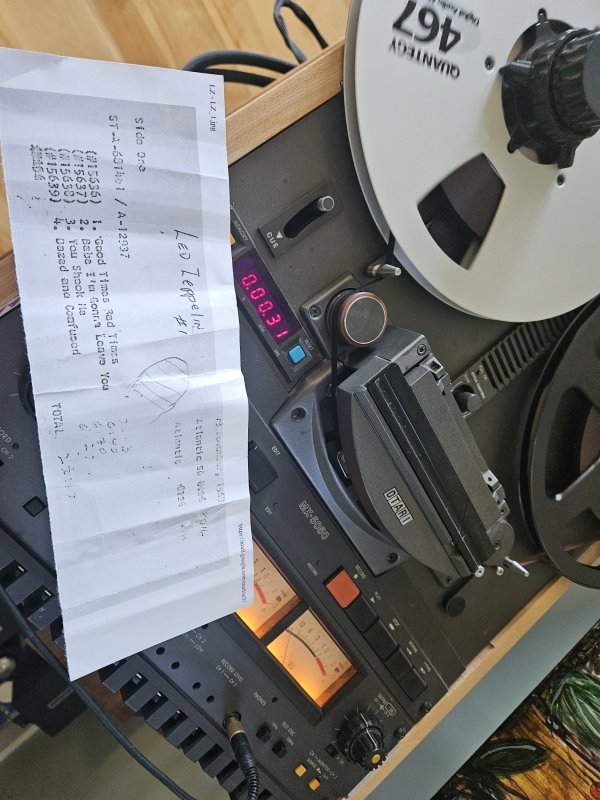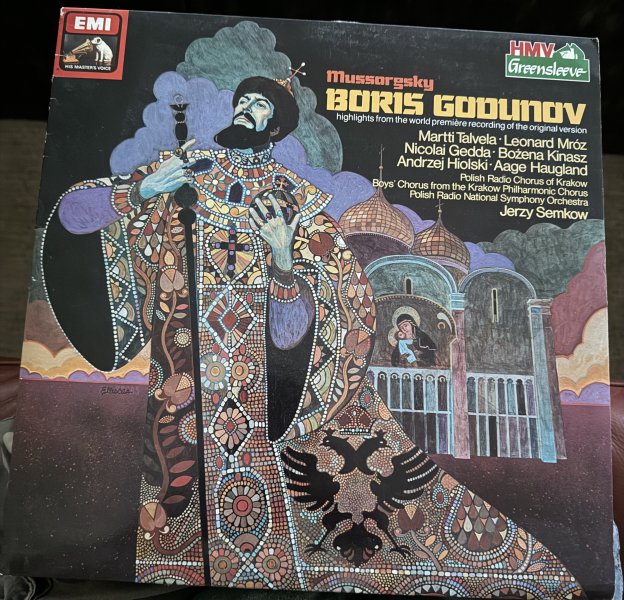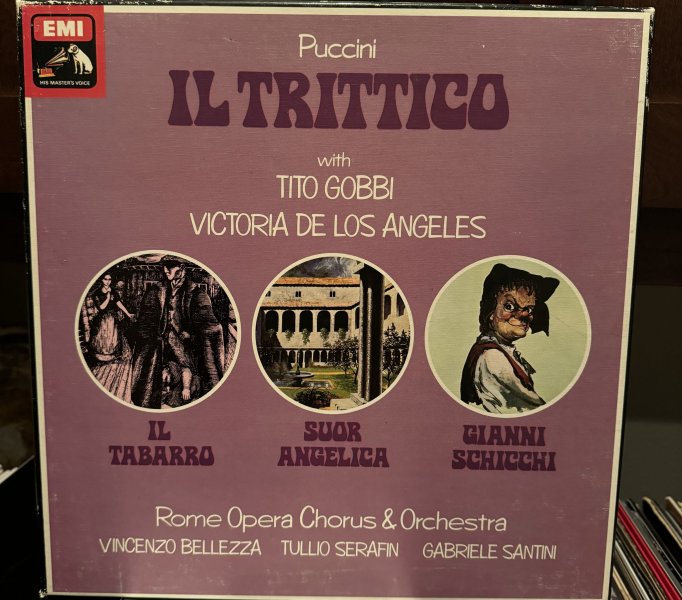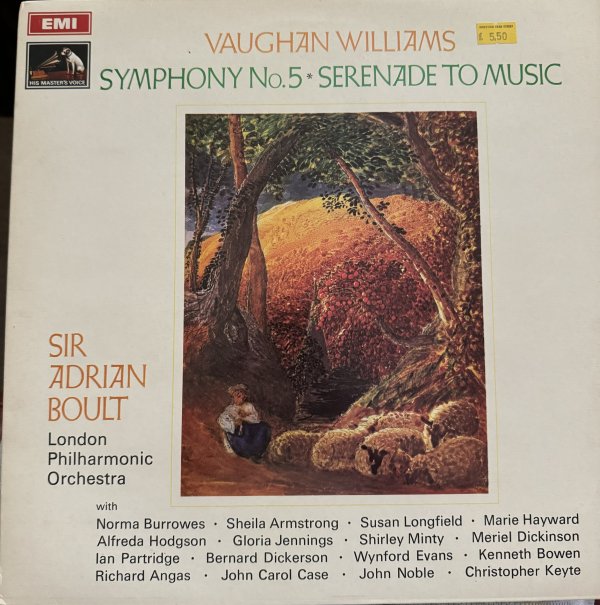If my system were doing what Jerome describes I would be very unhappy with it.Jerome has been making such claims for a long time, he is an observer of this type of phenomena. i respect that is what he hears, but years ago i tried to hear it myself, that process was not enjoyable, and decided to just ignore it and not worry about it. it's just not interesting enough to me to dive deep into.
the only response if you are going to engage him is to do the work to investigate it. so you are in a position to have more than a guess about it.
so you are not the first to cross swords with him about it.
i do appreciate when people do look deep into things. try to keep my mind open. if they say they hear something, i respect that listening feedback. does not mean i agree or have heard it myself.
It’s curious to me why, instead going into great detail posting on the internet ( for years) about a phenomenon he hears in his system, that he doesn’t drop a note to Andreas Koch (designer of his Playback Designs DAC) and ask “what’s going on here?” Or, if the problem is not DAC related, contact his streamer manufacturer, and so on.











